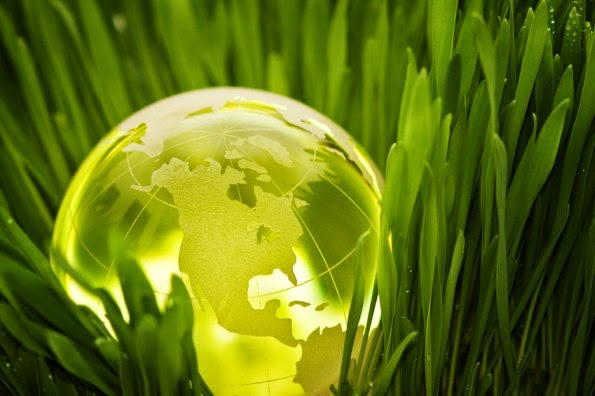
Elon Musk finally revealed his plans for a mission to Mars today. But a new set of images from SpaceX show the Interplanetary Transport System going even further in the solar system than the Red Planet.

Carbon dioxide just hit its annual minimum and failed to dip below 400 ppm.
A prior study demonstrated that Pluto's center is sufficiently warm to bolster a fluid water sea, and now we've discovered that it may be immense - no less than 100 km (62 miles) profound.

What if I told you the world could take one action this year that would shave off a half a degree Celsius of warming from our overheating planet? Leaders have a chance when they meet in Rwanda next month to secure a phase-down of hydrofluorocarbons (HFCs).

As green building increasingly becomes the norm, some savvy developers and owners and looking to the next phase of green building: healthier buildings that improve employee wellness.

The first batch of low-carbon jet fuel derived from waste industrial gases from steel mills has been produced for use by UK long-haul carrier Virgin Atlantic, with flight trials scheduled to start in 2017.

A new study confirms some ideas about where X-rays come from, shedding light on our solar neighborhood's early history. But it also reveals a new mystery -- an entire group of X-rays that don't come from any known source.

The world’s largest filled single-dish radio telescope launched at the weekend. The Five-hundred-metre Aperture Spherical Telescope (FAST) in the southwestern province of Guizhou, China is now operational.

Endurance training changes the activity of thousands of genes and give rise to a multitude of altered DNA-copies, RNA, researchers report.

Two red dwarfs and their accompanying gas giant were discovered through a microlensing event -- but their true nature could only be confirmed by Hubble.

The universe is expanding uniformly according to research led by University College London (UCL) which reports that space isn’t stretching in a preferred direction or spinning.

A company created by Mark Zuckerberg and Priscilla Chan to "unlock human potential and promote equality" today announced a $3 billion project that aims to cure, prevent, or manage "all diseases in our children.

Tesla CEO Elon Musk says October 28 is the date of the planned launch for the Tesla/SolarCity solar roof and integrated Powerwall 2.0.

The world’s largest rooftop farm covers nearly two acres, is run completely on renewable energy, and produces nearly 10 million annual crops of local, premium-quality, pesticide-free, leafy greens and herbs